Commission hopeful of finding new witnesses
In shedding light on the murder of Milan Pantić, the privatization of the cement plant Popovac has attracted attention, Politika has reported.
Monday, 21.10.2013.
16:10

BELGRADE In shedding light on the murder of Milan Pantic, the privatization of the cement plant Popovac has attracted attention, Politika has reported. Political actors involved in the privatization, however, have refused to take a lie detector test, Veran Matic told the Belgrade-based daily. Commission hopeful of finding new witnesses Fourteen years after the liquidation of journalist Slavko Curuvija, the analysis of all the data collected so far in connection with the crime scene could lead to finding new direct witnesses of the murder, the newspaper said it learned. The owner and editor-in-chief of the daily Dnevni Telegraf and the magazine Evropljanin was shot and killed in Belgrade in April 1999, during the NATO attacks on Yugoslavia. This crime, like the murder of Vecernje Novosti's corresponded from Jagodina Milan Pantic in June 2001, and the circumstances surrounding the death of journalist Radoslava Dada Vujasinovic in April 1994, are being looked at by the Commission for Investigation of Murders of Journalists, chaired by B92's Veran Matic. "The commission's analysis of the previously collected facts in relation to the murder of Curuvija deepened the initial police findings, which have not been fully studied in the past, arriving at the information about a number of potential direct witnesses to the execution of this monstrous crime," Matic told Politika. That is all he could say about the work on the case without jeopardize the investigation. Some progress has also been made in solving the murder of journalist Milan Pantic. In fact, while in the case Curuvije much was already known - especially after the "Curan" file, a document of the then state security agency RDB, appeared in public, which showed that its agents followed Curuvija and that the operatives were suddenly withdrawn a few minutes before the murder, but not who the killers were - in the Pantic case not much headway had been made since he was murdered at the entrance to the residential building where he lived. "As for the case of Pantic, the investigation has been intensified into the privatization of the cement plant Popovac, about which our colleague wrote, and which could have been a strong motive to eliminate him. Some of the important political actors in that event refused to answer questions on the polygraph, to which they have a legal right," Matic said, and noted that tip-offs about the possible executioners submitted to him are being checked. Although the commission faced criticism from many quarters after it was set up in January this year, it is clear that it so far achieved certain results which justify its establishment, especially given the many years when almost no progress to resolve these cases had been made, Politika writes. The Criminal Investigations Police and the Security Intelligence Agency operatives who are are working with the commission work daily to shed light on these crimes, and recently full support was promised by the Military-Security Agency. Matic also explained that Montenegrin Deputy Interior Minister Milos Vukcevic had visited the commission. Vukcevic is working on setting up a similar body in his country, where the murder of journalist Dusko Jovanovic remains unsolved, while there are also numerous attacks on reporters. The Serbian commission relayed its experiences so far, pointed to the problems, made recommendations, and will continue to be at the disposal of the Montenegrin authorities in their bid to solve the murder case, Matic explained. (Politika/D. Cirkov, file) Politika
Commission hopeful of finding new witnesses
Fourteen years after the liquidation of journalist Slavko Ćuruvija, the analysis of all the data collected so far in connection with the crime scene could lead to finding new direct witnesses of the murder, the newspaper said it learned.The owner and editor-in-chief of the daily Dnevni Telegraf and the magazine Evropljanin was shot and killed in Belgrade in April 1999, during the NATO attacks on Yugoslavia.
This crime, like the murder of Večernje Novosti's corresponded from Jagodina Milan Pantić in June 2001, and the circumstances surrounding the death of journalist Radoslava Dada Vujasinović in April 1994, are being looked at by the Commission for Investigation of Murders of Journalists, chaired by B92's Veran Matić.
"The commission's analysis of the previously collected facts in relation to the murder of Ćuruvija deepened the initial police findings, which have not been fully studied in the past, arriving at the information about a number of potential direct witnesses to the execution of this monstrous crime," Matić told Politika.
That is all he could say about the work on the case without jeopardize the investigation. Some progress has also been made in solving the murder of journalist Milan Pantić. In fact, while in the case Ćuruvije much was already known - especially after the "Ćuran" file, a document of the then state security agency RDB, appeared in public, which showed that its agents followed Ćuruvija and that the operatives were suddenly withdrawn a few minutes before the murder, but not who the killers were - in the Pantić case not much headway had been made since he was murdered at the entrance to the residential building where he lived.
"As for the case of Pantić, the investigation has been intensified into the privatization of the cement plant Popovac, about which our colleague wrote, and which could have been a strong motive to eliminate him. Some of the important political actors in that event refused to answer questions on the polygraph, to which they have a legal right," Matić said, and noted that tip-offs about the possible executioners submitted to him are being checked.
Although the commission faced criticism from many quarters after it was set up in January this year, it is clear that it so far achieved certain results which justify its establishment, especially given the many years when almost no progress to resolve these cases had been made, Politika writes. The Criminal Investigations Police and the Security Intelligence Agency operatives who are are working with the commission work daily to shed light on these crimes, and recently full support was promised by the Military-Security Agency.
Matić also explained that Montenegrin Deputy Interior Minister Miloš Vukčević had visited the commission. Vukčević is working on setting up a similar body in his country, where the murder of journalist Duško Jovanović remains unsolved, while there are also numerous attacks on reporters.
The Serbian commission relayed its experiences so far, pointed to the problems, made recommendations, and will continue to be at the disposal of the Montenegrin authorities in their bid to solve the murder case, Matić explained.










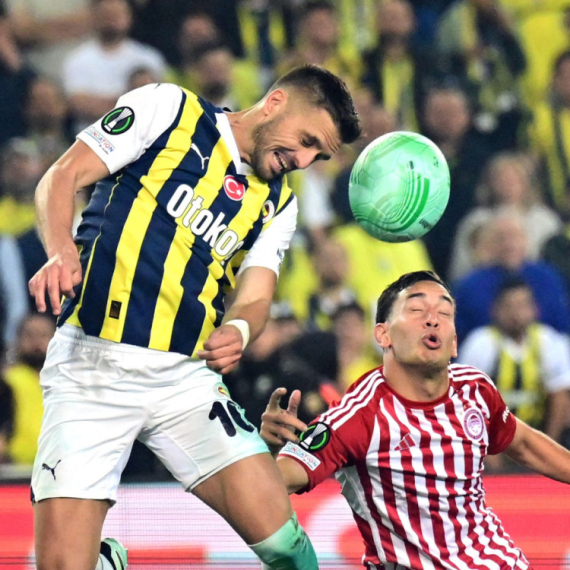


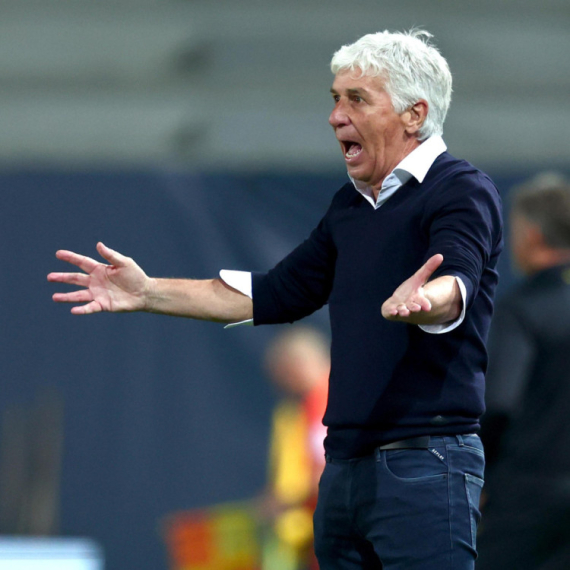
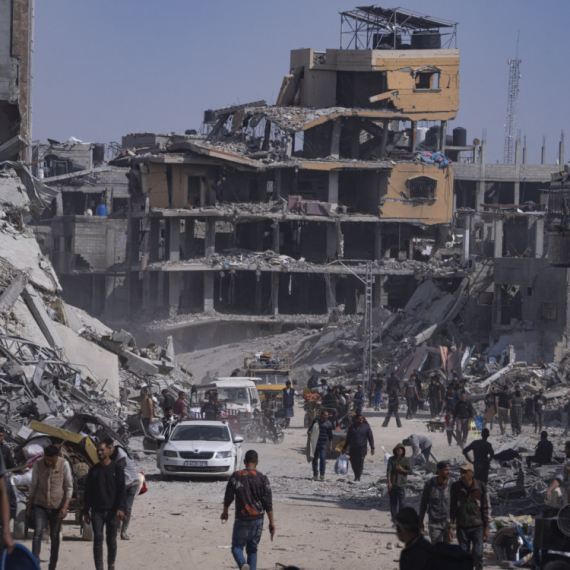
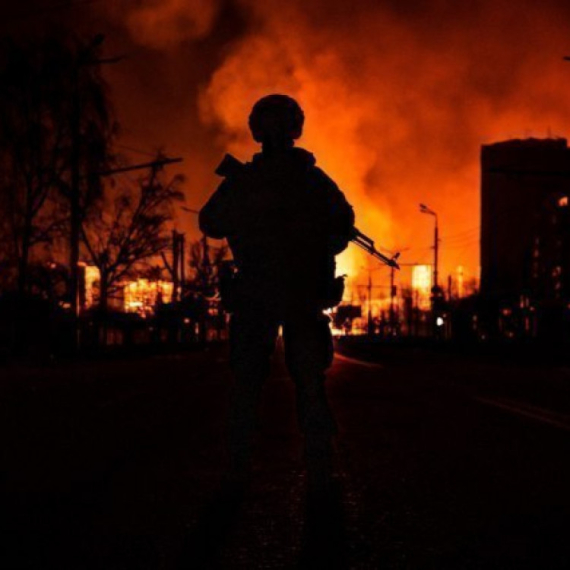

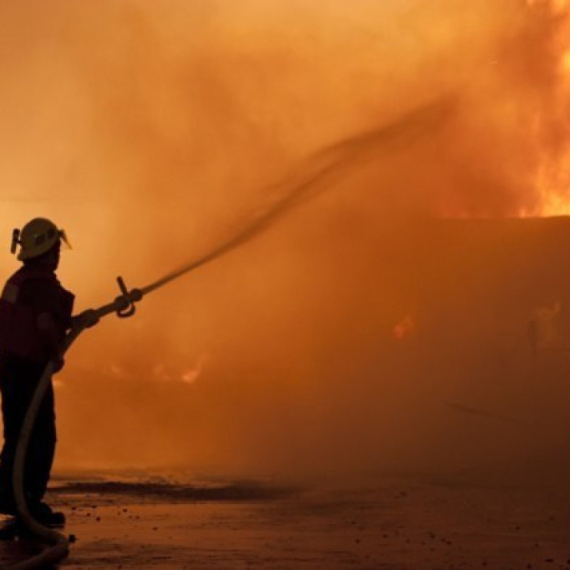









































Komentari 1
Pogledaj komentare